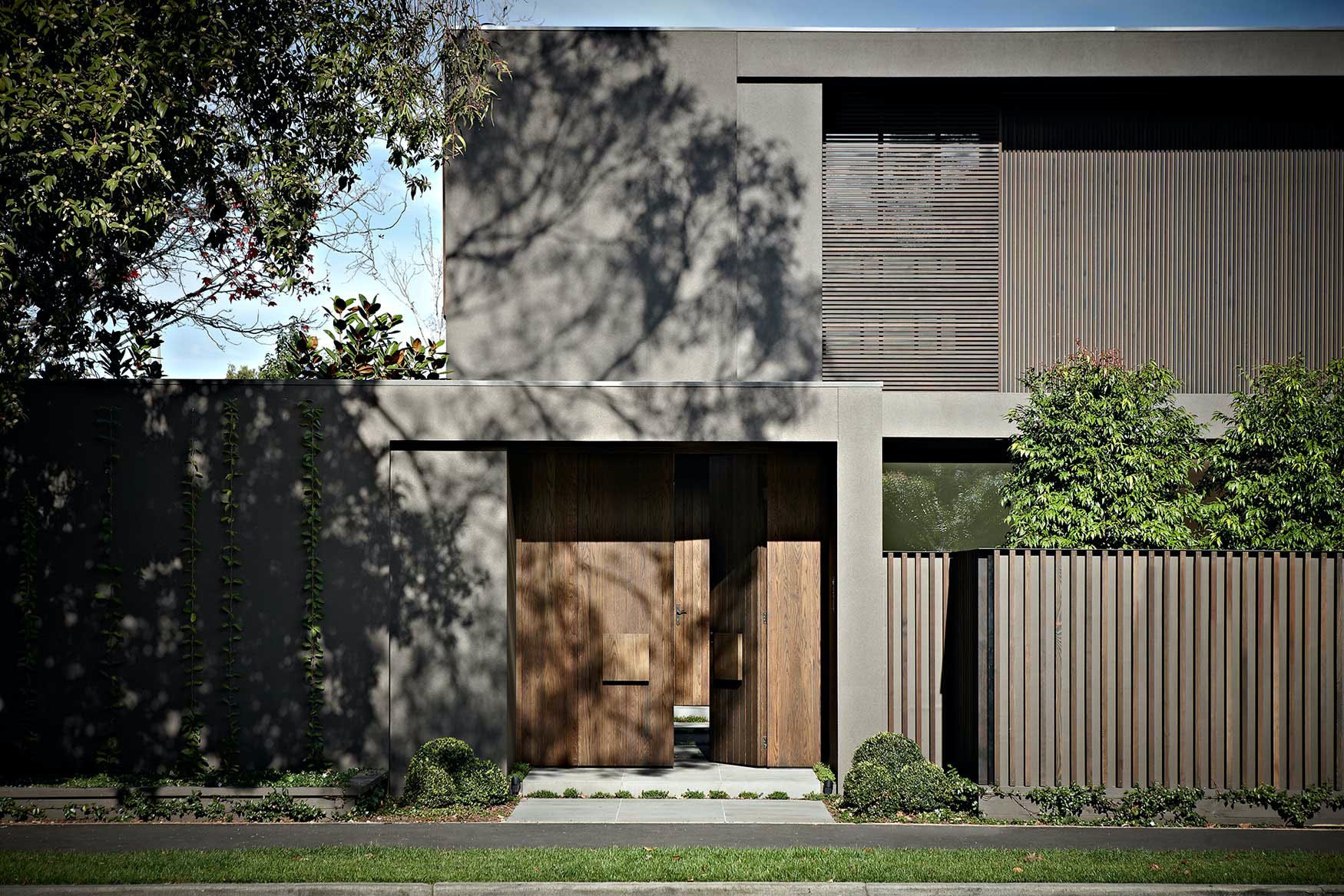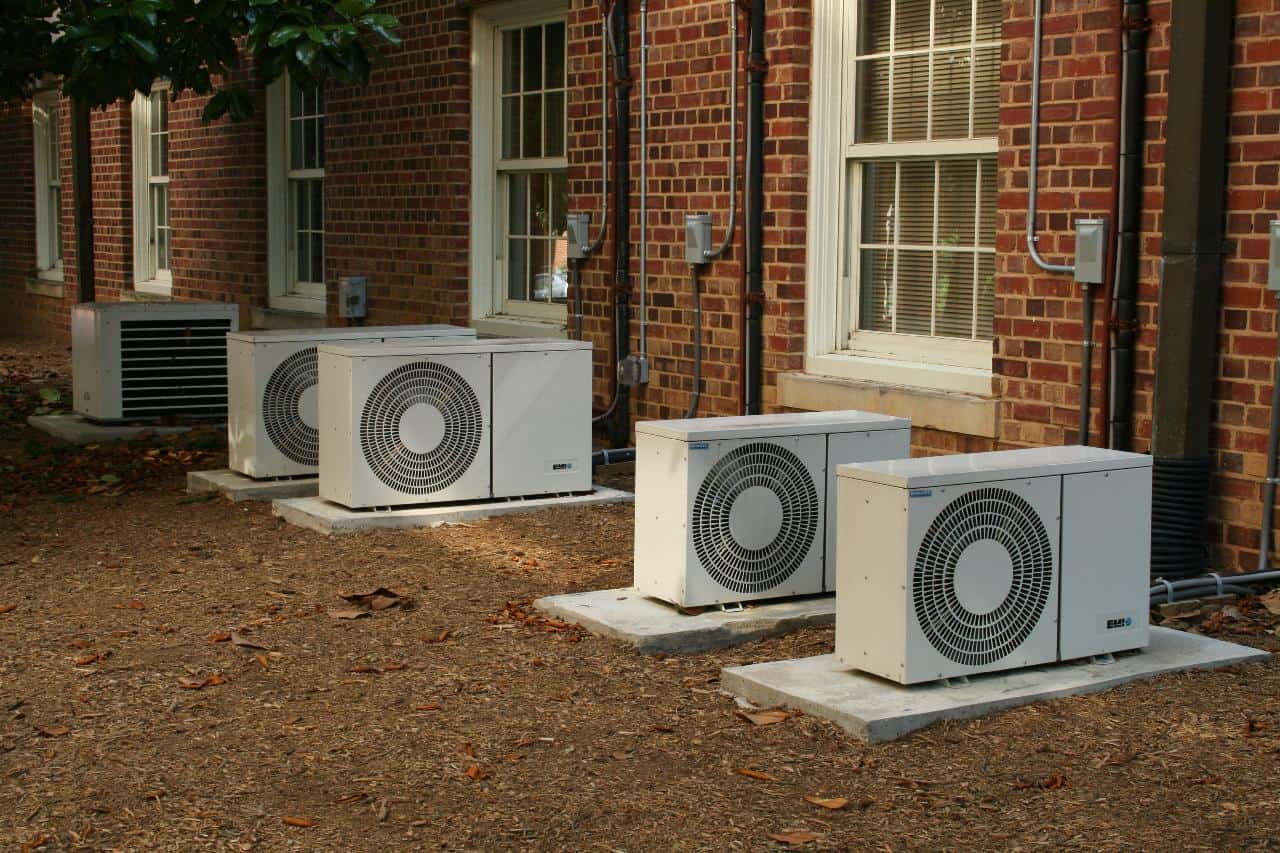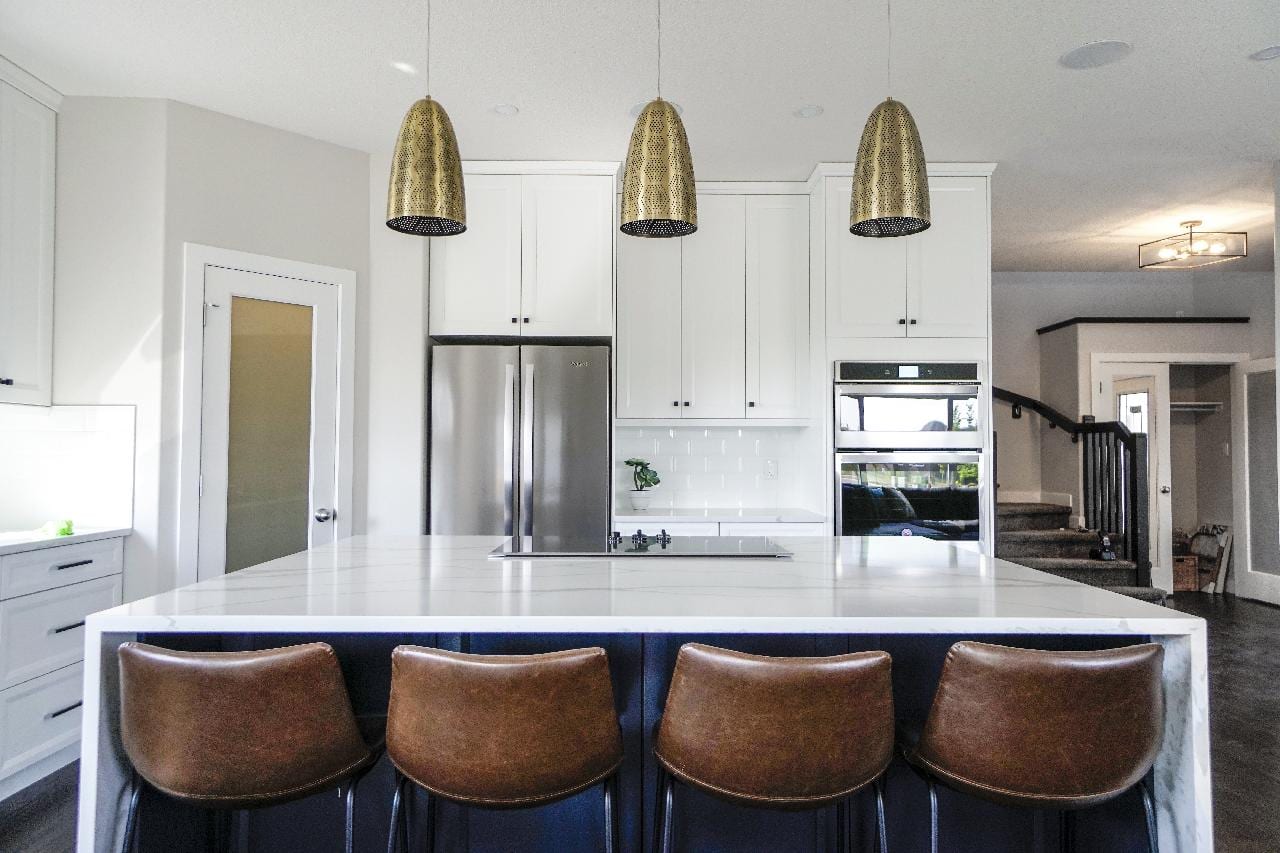Purchasing your first house is a significant milestone, however, if you’ve never bought a house before then you’re in for a bit of a challenge because buying your first home is not as straightforward as it might seem.
This process can be unnecessarily tedious because it requires you to consider various factors before making the purchase.
For example, you have to consider your lending options judiciously. It’s critical to select a lender you can rely on to lead you through the exciting journey to homeownership.
Furthermore, you also need to be aware of some of the frequent blunders made by first-time homebuyers so you can avoid them.
With that said, here are some mistakes you should watch out for as a first-time homebuyer.
Not Finding the Right Mortgage Quote
Mortgage lenders do not offer the same rates. This is why it is important that you receive numerous estimates or quotes from different lenders to ensure you get the cheapest rates.
Various lenders charge different interest rates and fees for their services, making it possible for a little variation in interest rates to seriously affect the amount of money you pay back or the amount of debt you enter. Resulting in you either getting a fair or a bad deal.
While sending out several credit applications might be detrimental to your credit score, you can get around without causing any harm. For instance, if you make multiple applications within 14-45 days, they count as one application.
So take advantage of this to acquire the cheapest mortgage interest rate offer. One very good mortgage lender is Sofi. Sofi mortgages offer some of the best rates, even requiring down payments as low as 3%.
In addition, make sure you ask enough questions from any lender you’re considering. It is critical that you clearly know what you are consenting to.
Waiting for your Down Payment to be Large Enough
Making a large down payment is good because it reduces your debt or the amount you need to pay back. For example, a 70% down payment will only require you to request a loan of 30%. It also translates to reduced monthly payments and lowered interest payments.
However, when you start stalling on your purchase because you’re trying to save up a larger down payment than you need – you may end up paying more for your home than you originally intended.
That’s because in the time you may have waited to save more money, the price of your dream home may have skyrocketed due to inflation.
For context, S&P CoreLogic Case-Shiller US National Home Price Index reported that home prices grew 18.8% in 2021, the largest increase in over 30 years, even far higher than the 10.4% growth in 2020.
The lesson that should be drawn from this report is that you shouldn’t stall your purchase if you have the means.
Further, your goal is to make sure that your down payment permits you to receive monthly mortgage payments within your budget.
Leaving out the overall cost of ownership
Avoid purchasing a home that will be too heavy on your finances or a home you simply cannot afford.
Being able to afford a home goes beyond having just the down payment. It also requires you to budget for the extra expenses that come with owning a property.
An example of these extra expenses is the closing cost of the house. The closing costs include mortgage taxes, title insurance, recording fees, and lender application fees, to name a few.
Another expense you need to anticipate is maintenance fees. Owning a home also requires you to be able to afford the upkeep of your property.
The mortgage taxes, lender application fees, attorney’s fees, title insurance, appraisal fees, recording fees, etc.
While homeownership is probably more achievable than you realize, you would not want to find yourself in a financial bind because you only budgeted for a down payment and a mortgage.
Discover more from Futurist Architecture
Subscribe to get the latest posts sent to your email.

![modern apartment [article_title]](https://www.futuristarchitecture.com/wp-content/uploads/2025/04/7-Cozy-Ideas-to-Warm-With-Space-Heaters-900x600.jpg)

